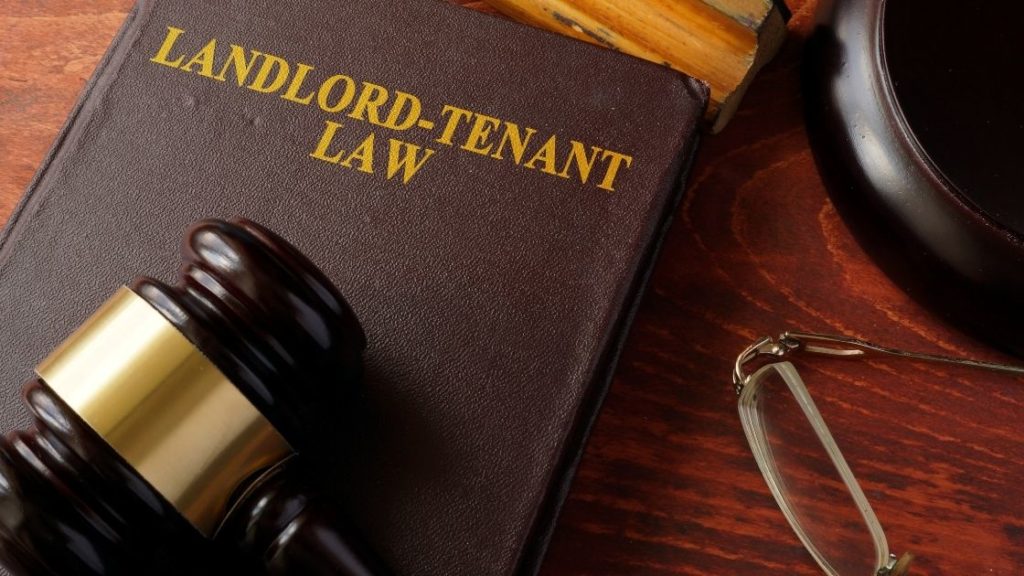
Rental laws in Massachusetts are pretty strict and tend to favor tenants. If you are purchasing your first rental property, it’s important to know what you should and should not do. As a start, here are some of the most important Massachusetts rental laws for new landlords.
1 – Security Deposit Rules
If you intend to collect a security deposit, provide an apartment condition statement at the start of tenancy. Security deposits cannot exceed one month’s rent, regardless of whether the tenants have pets or any other unusual circumstances. Additionally, you must deposit the funds into an interest-bearing account at a Massachusetts bank within 30 days (and provide account details to your tenants). If the tenancy extends beyond one-year, you must pay out the interest accrued each year or offer a credit for the same amount towards rent payments. At the end of tenancy, you must return security deposits within 30 days or provide a written list of repair costs for any amounts withheld.
2 – Other Collectible Fees
Beyond a security deposit, there are only a few other fees allowed. You may collect first month’s rent, last month’s rent, and a lock change fee. That is it! Some landlords try to collect additional fees for things like pets (and the inherit risk of damage caused by them). However, that is not legally allowed in Massachusetts. Additionally, last month’s rent should be treated similar to security deposits. They should be placed in an interest-bearing account with interest paid out each year.
3 – Apartments Must Be Habitable
Being a slumlord might sound appealing, but there are legal ramifications for violating the Massachusetts sanitary code for rental properties. Tenants can report landlords to the health department and require landlords to repair damages. Failure to do so enables tenants to withhold rent and/or break leases. Violations can also prevent landlords from enforcing certain rights in lawsuits. So, the best way to protect your investment and your rights is to maintain acceptable property conditions.
More Massachusetts Rental Laws for New Landlords
These are just three introductory things you should know about Massachusetts rental laws. Learn more about Landlord-Tenant Rights at the Massachusetts Attorney General’s website. It provides helpful tips and resources. As you face new challenges, such as evictions, be sure to check guidelines beforehand. There are very specific steps you must follow to preserve your landlord rights. It’s also a good idea to consult with an attorney, both as you begin your journey as a landlord and as you encounter complicated issues along the way.


